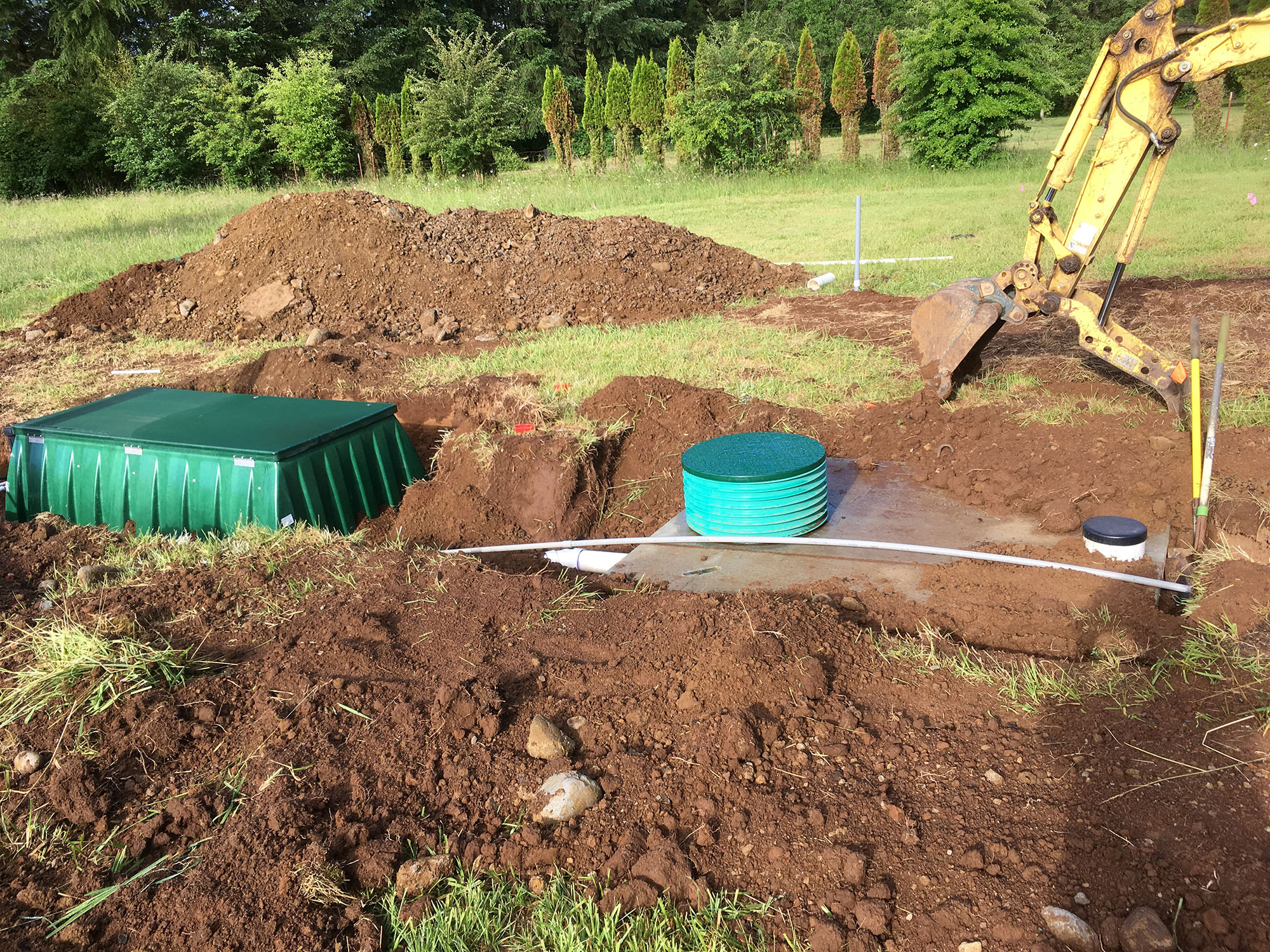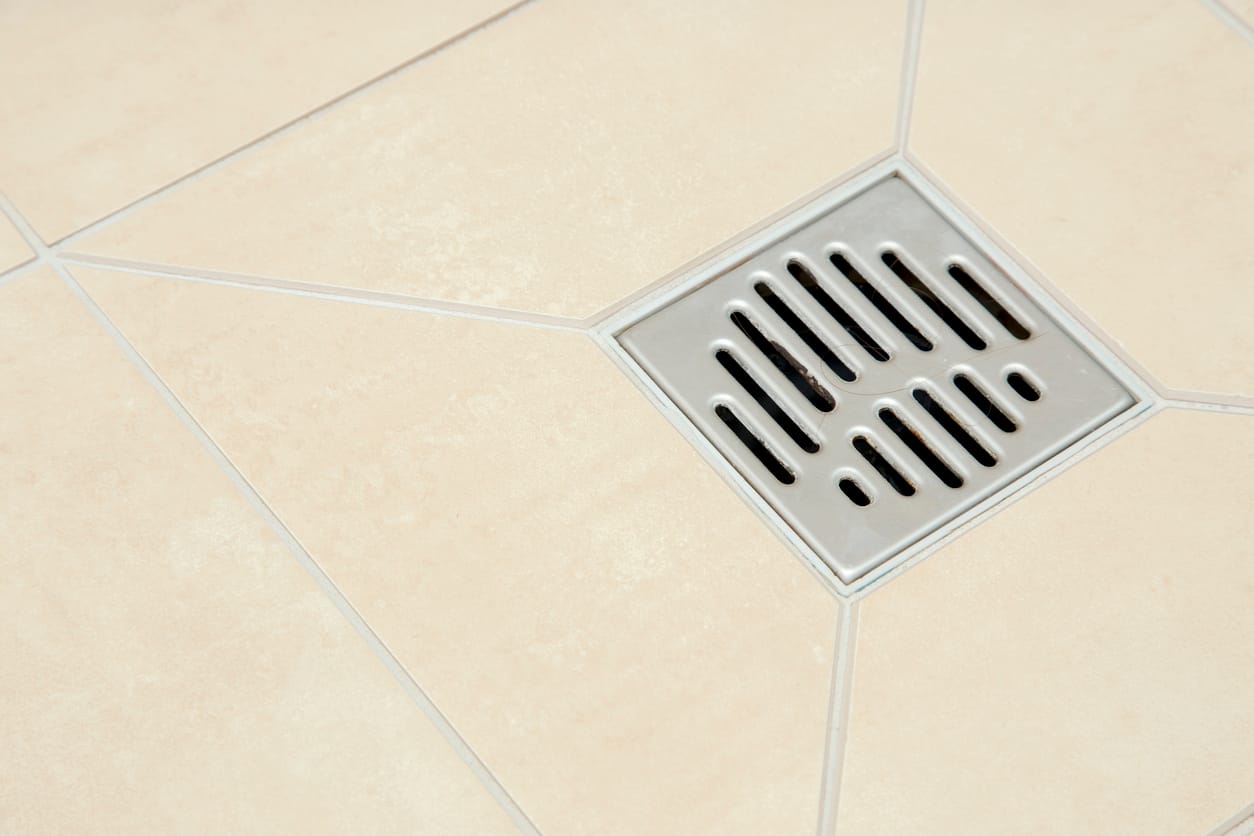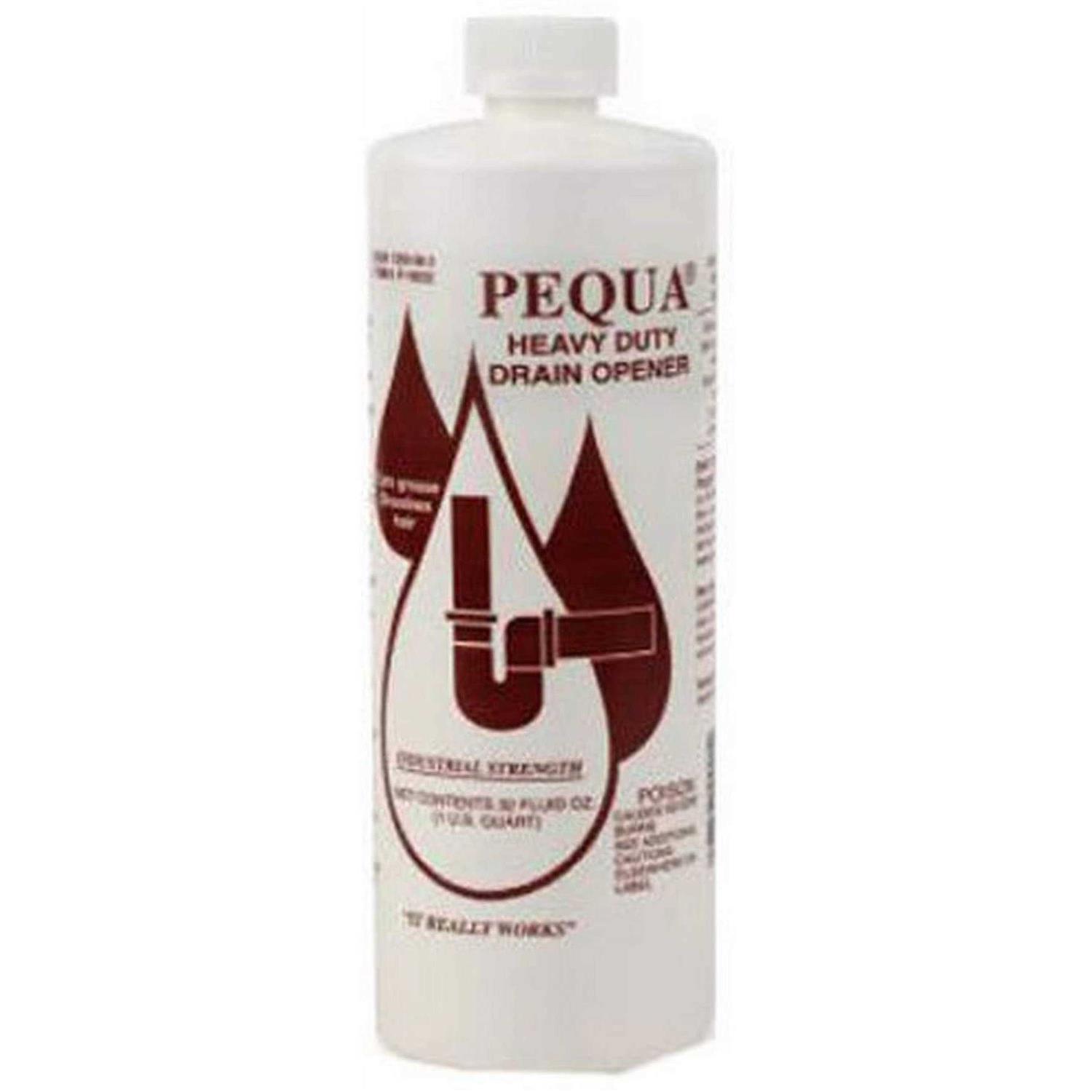This guide provides a balanced perspective on using garburators with septic systems, discussing the potential impacts, best practices, and alternatives.
Understanding the Dynamics: Garburators and Your Septic System
Let’s explore the relationship between your garburator and septic system. A garburator grinds food scraps, sending them down the drain and into your septic system. While seemingly convenient, this adds extra organic material for the bacteria in your septic tank to process. Like any ecosystem, a septic system thrives on balance, and this added burden can disrupt that balance.
How Your Septic System Works
Your septic system is a mini-wastewater treatment plant. Bacteria break down organic matter, separating solids (sludge) that settle in the tank from liquids that flow to the drain field. This delicate balance can be disrupted by excessive or inappropriate materials.
Garburators: A Potential Imbalance
Garburators introduce a significant amount of extra organic matter into your septic system, potentially overwhelming the bacteria and causing a faster sludge buildup. This frequently leads to more frequent pumping needs and elevates the risk of system failure.
Potential Problems: The Risks of Grinding
While some homeowners believe moderate garburator use is acceptable with diligent maintenance, others strongly advise against it. The added solids can disrupt the bacterial balance, potentially leading to:
- Increased Pumping Frequency: More solid waste means more sludge, necessitating more frequent (and costly) pumping.
- Clogs and Backups: Undigested particles can escape into the drain field, clogging pipes and potentially causing sewage backups.
- System Failure: Overloading the system can shorten its lifespan.
Best Practices: Using a Garburator with a Septic System
If you choose to use a garburator, these practices can minimize risks:
- High-Efficiency Model: Invest in a high-efficiency garburator that grinds waste more finely, making it easier for bacteria to process.
- Mindful Grinding: Avoid grinding fibrous vegetables (celery, corn husks), coffee grounds, bones, eggshells, grease, fats, and especially FOG (fats, oils, and grease). These decompose slowly or not at all.
- Bacterial Additives: Consider using septic additives to help break down food waste and support a healthy bacterial colony. Keep in mind that these are not a guaranteed solution.
- Regular Maintenance: Increase septic inspections and pumping frequency. While typically recommended every 3-5 years, annual pumping might be necessary with a garburator.
Alternatives: Septic-Friendly Food Waste Management
Consider these alternatives:
- Composting: This keeps food waste out of your septic system while creating nutrient-rich soil.
- Vermicomposting (Worm Composting): An excellent option for those without a yard, vermicomposting efficiently handles food scraps indoors.
- Food Waste Reduction: Plan meals carefully and store leftovers properly to minimize waste at the source.
Making the Decision: Weighing the Convenience and Risks
The decision to use a garburator with a septic system depends on your lifestyle, priorities, and system capacity. Weigh the convenience against the potential risks and long-term costs. Consult a septic professional for personalized advice based on your specific setup. They can assess your system and offer tailored recommendations. Current research suggests avoiding garbage disposals is the safest approach, but ongoing studies may offer further insights.
Is your car turning into a sauna every time you’re stuck in traffic? Discover the common culprits and effective solutions when your car overheats when idling. For post-surgical care, learn about the proper usage and benefits of an iodoform packing strip and ensure a smooth recovery.
Debunking the “Emptying” Myth: Garburator Care and Maintenance
Do garburators need to be emptied? The short answer is no. Unlike a trash can, a garburator grinds food, sending it down the drain. “Emptying” usually refers to clearing the chamber before removal or deep cleaning.
Cleaning vs. Emptying
Regular cleaning, not emptying, is key. Ice and baking soda work wonders to freshen and sharpen grinding components.
Garburators and Septic Systems: A Nuanced Relationship
The impact of garburators on septic systems is debated. While some suggest moderate use is acceptable with proper maintenance, others advise against it entirely. The extra organic load can strain the system.
Maintaining Your Garburator
- Run Cold Water: Always run cold water while operating the garburator to flush waste and prevent clogs.
- Small Batches: Avoid overloading the garburator by processing food scraps in small batches.
- Regular Cleaning: Periodically clean with ice and baking soda.
| Practice | Benefit |
|---|---|
| Run cold water | Helps flush waste, prevents clogs |
| Grind small batches | Avoids overloading and jams |
| Clean with ice & soda | Freshens and sharpens grinding components |
What Not to Put Down Your Drains: Protecting Your Septic System
Your septic system is a sensitive ecosystem. Avoid introducing harmful substances that can disrupt its delicate balance and lead to costly repairs.
Garbage Disposals: A Source of Contention
While convenient, garbage disposals are generally discouraged for septic systems. They increase solid waste, accelerating sludge buildup and potentially shortening the system’s lifespan. Composting is a far more eco-friendly alternative.
Hazardous Waste: An Absolute No
Never pour hazardous chemicals (paint, solvents, bleach, antifreeze, pesticides, medications) down the drain. These are toxic to the beneficial bacteria and can contaminate groundwater.
Non-Biodegradables: Clog Culprits
Avoid flushing “flushable” wipes, paper towels, cigarette butts, diapers, feminine hygiene products, dental floss, and plastics. These don’t break down and cause clogs.
Other Items to Avoid:
- Excessive Food Scraps: Even with a garbage disposal, minimize food waste down the drain.
- Septic Tank Additives: Most septic systems don’t require additives; some can even be harmful. Consult a professional before using any.
- Harsh Drain Cleaners: Chemical drain cleaners can kill beneficial bacteria. Use septic-safe alternatives or consult a plumber.
- Grease and Oil: These can solidify and coat pipes, causing clogs. Collect and dispose of them in the trash.
Regular Maintenance is Key
Regular inspections by a septic professional are crucial for identifying potential problems early. They can assess your tank’s condition and recommend necessary maintenance.
- HelpCare Plus: Revolutionizing Affordable and Accessible Healthcare - December 29, 2024
- Boom & Bucket: Your Digital Marketplace for Used Heavy Equipment - December 28, 2024
- Ankle Bones Crossword Clue: Solutions, Tips & Anatomical Insights - December 28, 2024














